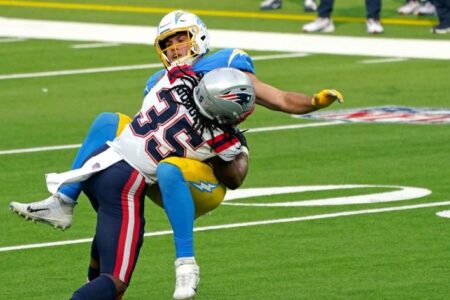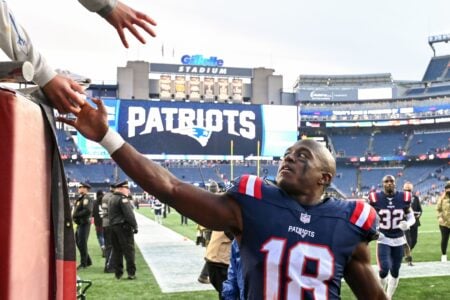TrueBeliever
2nd Team Getting Their First Start
- Joined
- Jun 15, 2008
- Messages
- 1,664
- Reaction score
- 19
Here's what I don't get: why does MLB get this antitrust exemption when none of the others, not even NCAA, do?
Supreme Court denies NFL broad antitrust protection - NFL - CBSSports.com Football
Please, PLEASE do not turn this into a political thing.
Supreme Court denies NFL broad antitrust protection - NFL - CBSSports.com Football
Please, PLEASE do not turn this into a political thing.


















